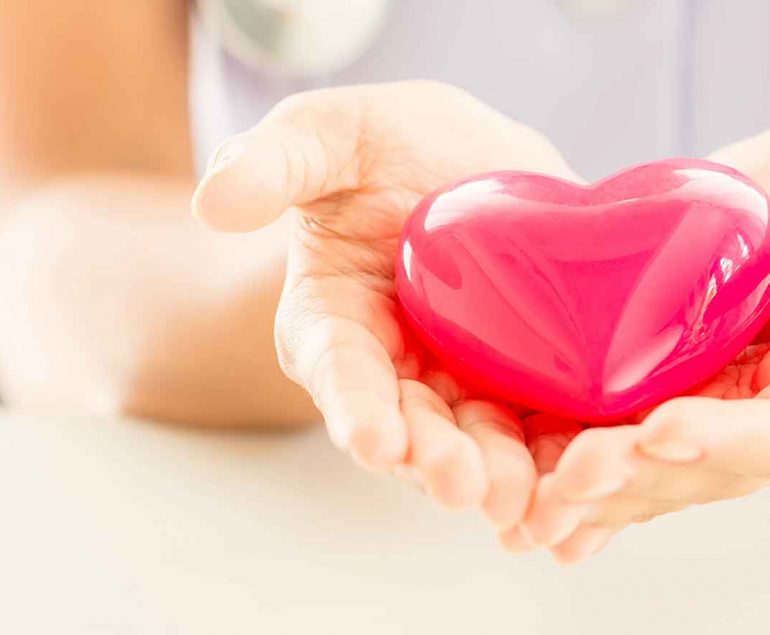Wehealth Arizona is an exposure notification app that notifies you if you have been exposed to Covid-19 and helps connect you with trusted resources. It enables everyone to help keep each other and their families safe while maintaining full privacy and personal liberty.
Download the Wehealth Arizona app
If anyone tests positive for Covid-19, they can choose to anonymously share that with the app. Other app users who came in contact with that person in the last 14 days automatically receive an anonymous notification of their level of exposure. As more people get tested using self-test kits rather than at a lab, these anonymous reports also help everyone understand the true prevalence and burden of infections in a community in addition to the official case counts.
This app is the fastest and most scalable way to quickly notify people of exposure, helping people make informed decisions to slow down the spread and seek timely treatment to reduce the risk of severe disease. This link can be used to report a positive result https://wehealth.org/arizona or if you don’t already have the app you can use the same link to install the app.
The app works even when you travel outside of Arizona. It’s fully anonymous, doesn’t collect any personal data or location data and there’s no way to know who is getting notified and no way to know where the notification came from. It is built on the Google Apple Exposure Notification (GAEN) protocol and the open source key server and verification server.
The app is integrated with the national key server maintained by Association of Public Health Laboratories (APHL), and is fully interoperable with all other exposure notification apps in other states.
Wehealth Arizona was the first Covid-19 exposure notification app to pilot in the United States in August 2020. It was called Covid Watch Arizona at the time. It is the result of continued collaboration between the University of Arizona, Arizona Department of Health Services and WeHealth (a Public Benefit Corporation). The app is proven to work.
A study at the end of the pilot analysts estimated that it may have helped reduce the average number of people infected by 12%.


